Lebanon's Crucial Role in Preventing Hezbollah's Response from Sparking a Wider Conflict
In the already volatile Middle East, tensions have surged to a new high as Lebanon grapples with preventing Hezbollah's fiery response to the recent Israeli attack from spiraling into a full-scale regional conflict. The atmosphere is electric with anxiety, and every move is carefully monitored by global powers, eager to stabilize or at least mitigate the impending chaos. The catalyst for this precarious situation was Hezbollah's deployment of attack drones into northern Israel, a direct retort to an Israeli raid just a day prior.
This exchange of hostilities has unearthed memories of past strife, where similar confrontations stoked violent eruptions across the region. Israeli forces have been vigilant, anticipating a possible retaliatory strike not just from Lebanon, but from Iran as well. Iran's association with proxy groups, including Hezbollah, has been a longstanding concern for Israel and its allies, significantly heightening the geopolitical stakes.
Recent Developments and Accusations
The recent episodes are marred by grave allegations and deadly skirmishes. Prominent among these are the deaths of Hamas leader Ismail Haniyeh in Tehran and Hezbollah commander Fuad Shukr in southern Beirut. Israel has confessed to the strike on Shukr while maintaining reticence about the incident in Iran. This selective admission has fueled speculations and resultant ire. Iranian officials, alongside Hamas, have squarely blamed Israel for Haniyeh's demise, insinuating the possibility of stringent reprisals.
Sensing an impending retaliation, Israeli and US forces have been on high alert. Iran has historically managed to exert its influence via militant groups spread across Iraq and Syria, groups that have persistently harassed US forces stationed therein. Rockets with extended range could easily land on Israeli soil, reminiscent of past assaults following the death of Iranian Revolutionary Guards in Damascus, Syria.
Israel's Preparations and Global Reactions
The specter of an expansive conflict has compelled multiple global stakeholders to ramp up their defense and evacuation strategies. Airlines have instinctively begun avoiding precarious Middle East airspaces, canceling flights to Israel, igniting a cascade of disruptions. Meanwhile, the US military presence in the area appears solely focused on strategic de-escalation, a linchpin to diffusing the accumulating tensions.
High-profile assassinations, such as Haniyeh's, have only added fuel to an already raging inferno, with fatalities in Gaza rising alarmingly. The US, alongside a coalition of international partners including France, Britain, Italy, and Egypt, has been relentlessly pursuing diplomatic channels to avert a breakout of unfeasible proportions. As diplomatic efforts intensify, they face the daunting challenge of calming a landscape marred by acute enmity and prolonged strife.
Jordan's Diplomatic Initiative
Marking a significant diplomatic maneuver, Jordan's foreign minister, Ayman Safadi, is gearing up for a critical trip to Iran. His objective remains clear: to assess the regional developments firsthand and garner an understanding that could lay the foundation for de-escalation. Such efforts underscore the amplified stakes involved, with countries from within and beyond the Middle East eyeing a potential domino effect if adequate measures are not enacted promptly.
Lebanon finds itself positioned as a crucial intermediary in this equation. Its dynamic role is pivotal, aimed at ensuring that Hezbollah's retaliatory measures do not unfurl into an uncontrolled regional inferno. Within Lebanese borders, the cagey watch continues, with a mixture of hope and trepidation as the government balances between domestic stability and regional peace.
Casualties and Continued Violence
The violence has extended ominously into Palestinian territories, with recent Israeli airstrikes resulting in the death of at least 25 Palestinians and leaving scores injured near Gaza City. This sustained cycle of destruction and death has threatened to spill over into adjacent regions, underscoring the dire need for immediate and effective intervention.
As the global community watches with bated breath, the question looms: Can Lebanon, amidst its existing challenges, serve as the linchpin that prevents this delicate situation from devolving into full-blown war? The path ahead is fraught with obstacles. Yet it is lined with crucial diplomatic channels and a concerted effort to restore a semblance of calm in a historically tempestuous region.
The coming days will indeed be instrumental in dictating the Middle East's trajectory. The balance of peace hangs by a thread, a thread that Lebanon, with the backing of international allies, is striving to keep intact. The eyes of the world are firmly fixed on this region, hoping for a resolution that will sidestep further bloodshed and steers toward a more stable coexistence.

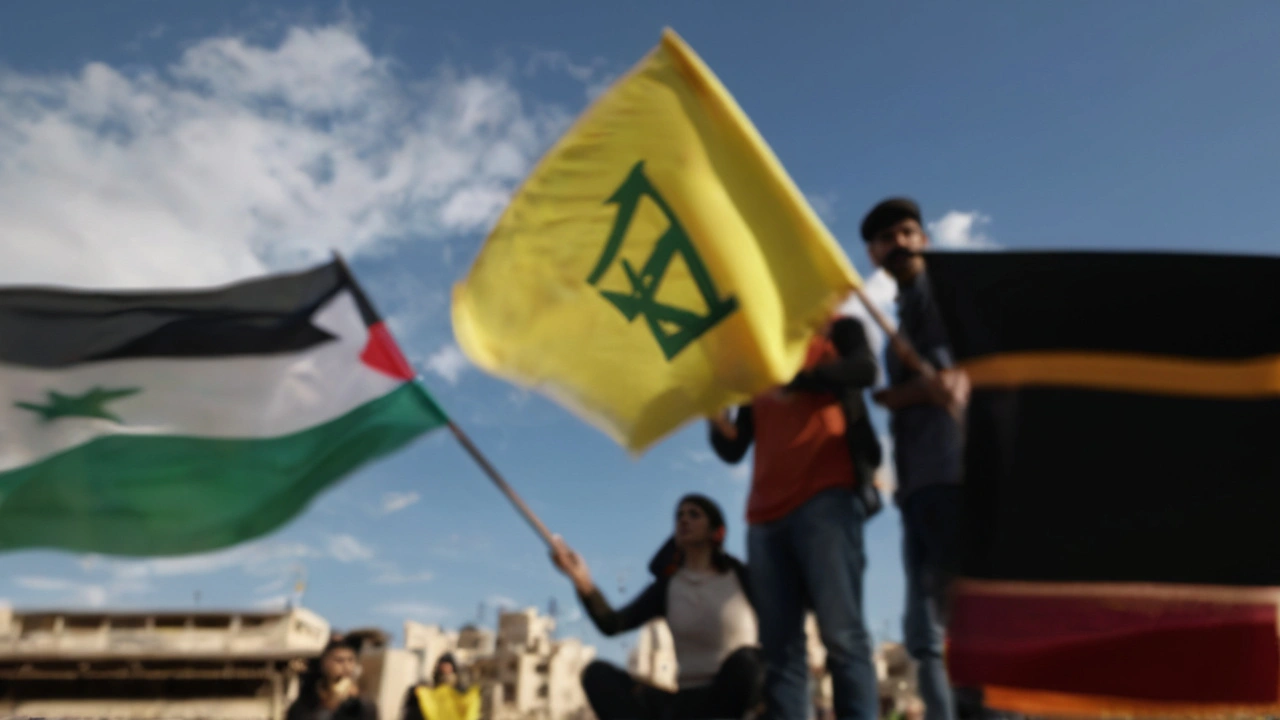
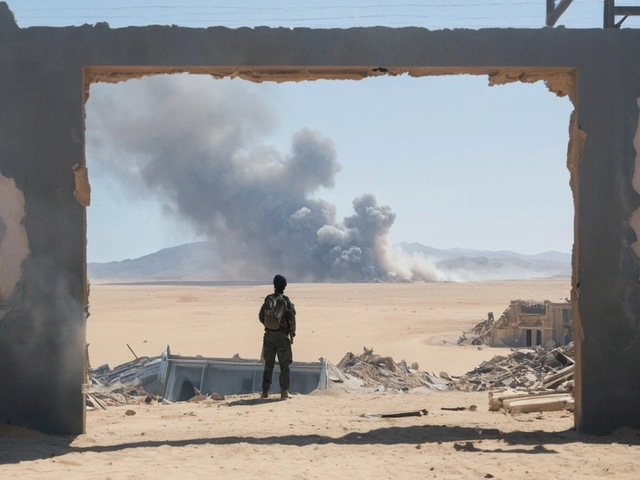
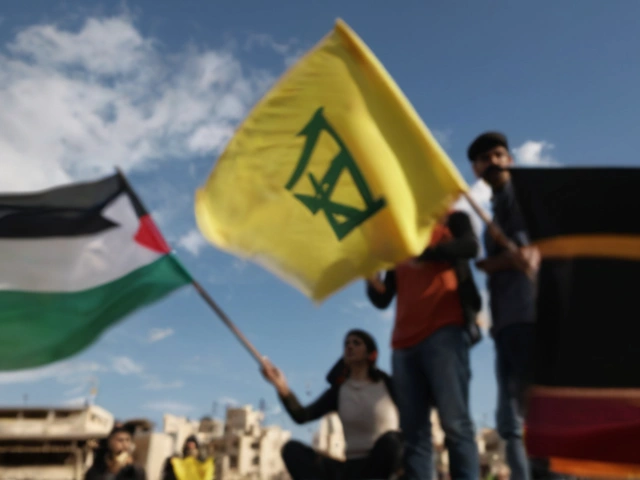
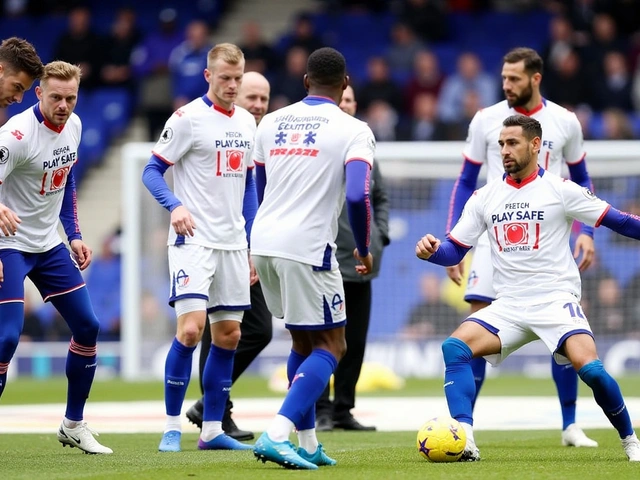
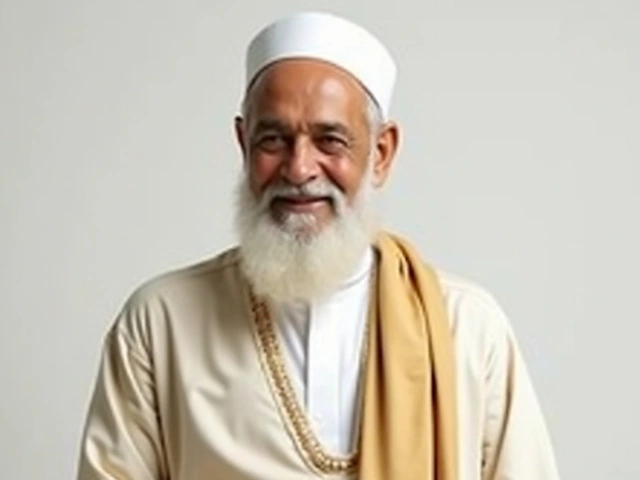

Post A Comment